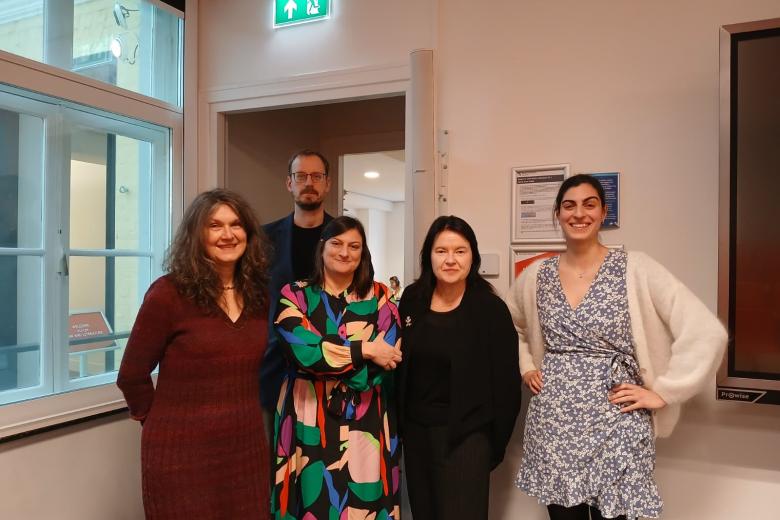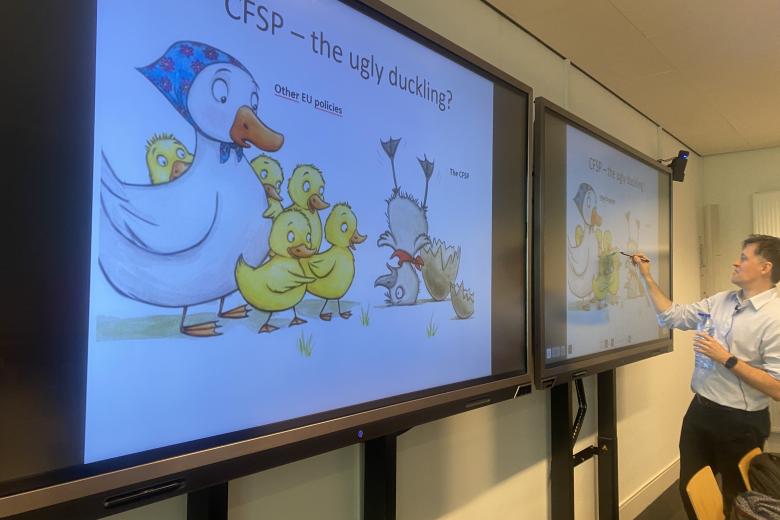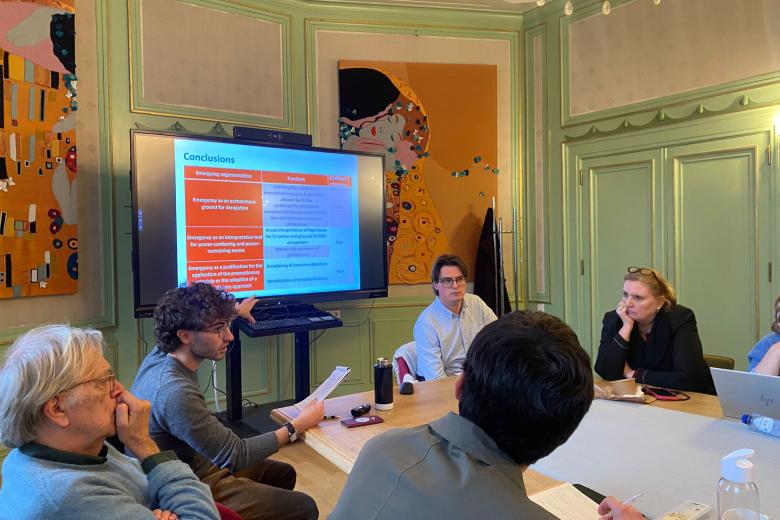Ecuador and international investment law and policy: between constitutional sovereignty and state responsibility
The little relevance of a developing country such as Ecuador in the geopolitical arena contrasts with its high exposure to investment disputes and its unprecedented proposals to react to the foreign investment protection regime. This study ‘Ecuador and International Investment Law and Policy: Between Constitutional Sovereignty and State Responsibility’ undertakes a thorough legal analysis of the Ecuadorian experience - including articulation, enforcement, resistance, abolishment and reconstruction of predominant tools for investment protection.
In light of the constitutional-like principles embedding International Investment Law and their inextricable link to Domestic Law in the delineation of rights, obligations and disputes, this thesis extensively addresses the interplay between Domestic and International Law along the aforementioned stages. Both the creation of Domestic Law and the engagement in International Law constitute forms of State sovereignty. In this regard, the assorted constitutional frameworks and international obligations coexisting since the beginning of the Ecuadorian Republic have shaped the State’s sovereign space.
How boundaries are set between Domestic and International Law has rested upon the assumption that the former is not permeated by the latter, as both would operate in different levels disregarding that such interaction affects the final addressees of such rules: citizens.
| PhD thesis written by Sebastián Espinosa Velasco - see more Law PhD theses |
Also read
-
Globalisation & Law Network seminar with Áine Ryall
On 24 November 2025, the Globalisation & Law Network, together with the Institute for Globalisation and International Regulation (IGIR) held the seminar with Professor Áine Ryall.
-
Guest Lecture: Lóránt Havas explores current challenges in the EU’s CFSP
Lóránt Havas delivered a guest lecture on the EU’s evolving CFSP, discussing key legal developments, institutional challenges, and new defence instruments.
-
Guido Bellenghi presents his latest article on emergency and the EU Court of Justice
Guido Bellenghi showcased his forthcoming study on how emergency arguments feature in the CJEU’s reasoning during his presentation at MCEL’s November Forum.